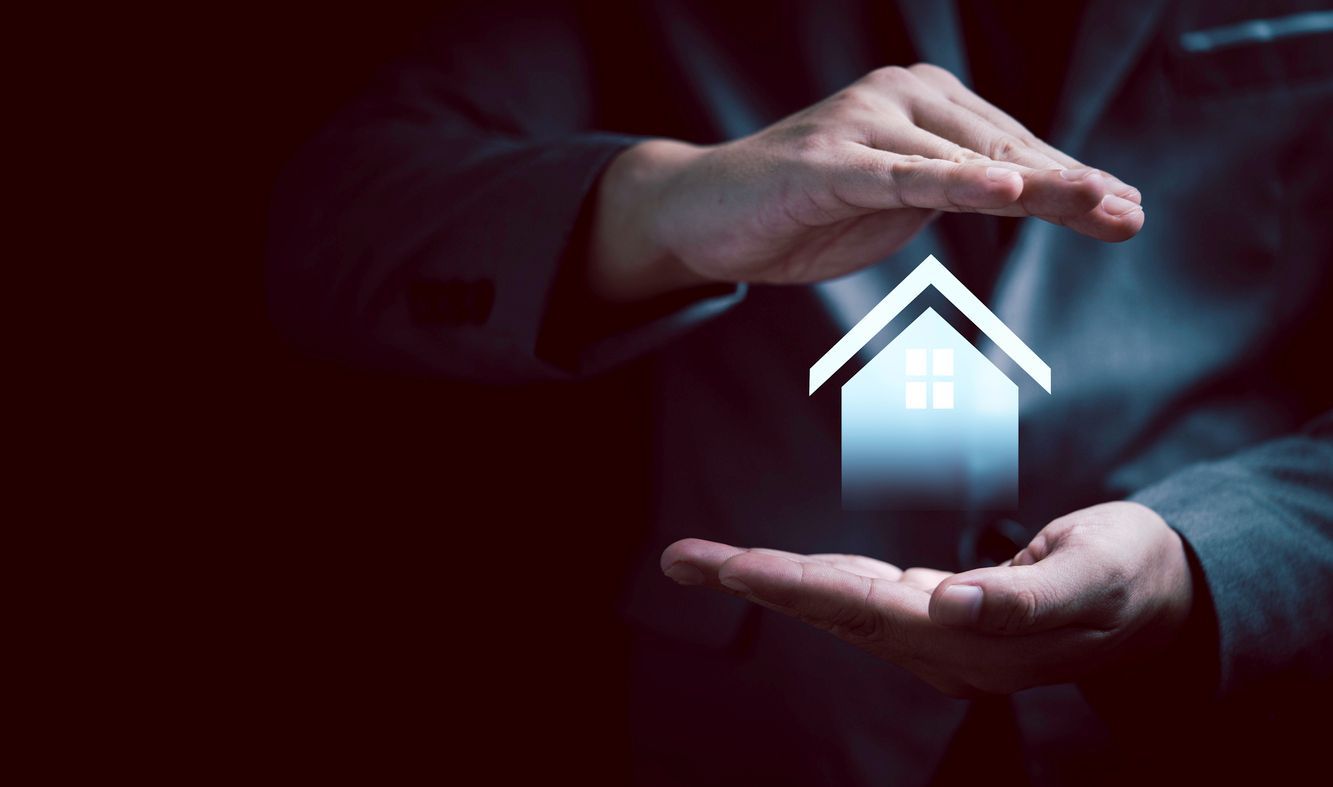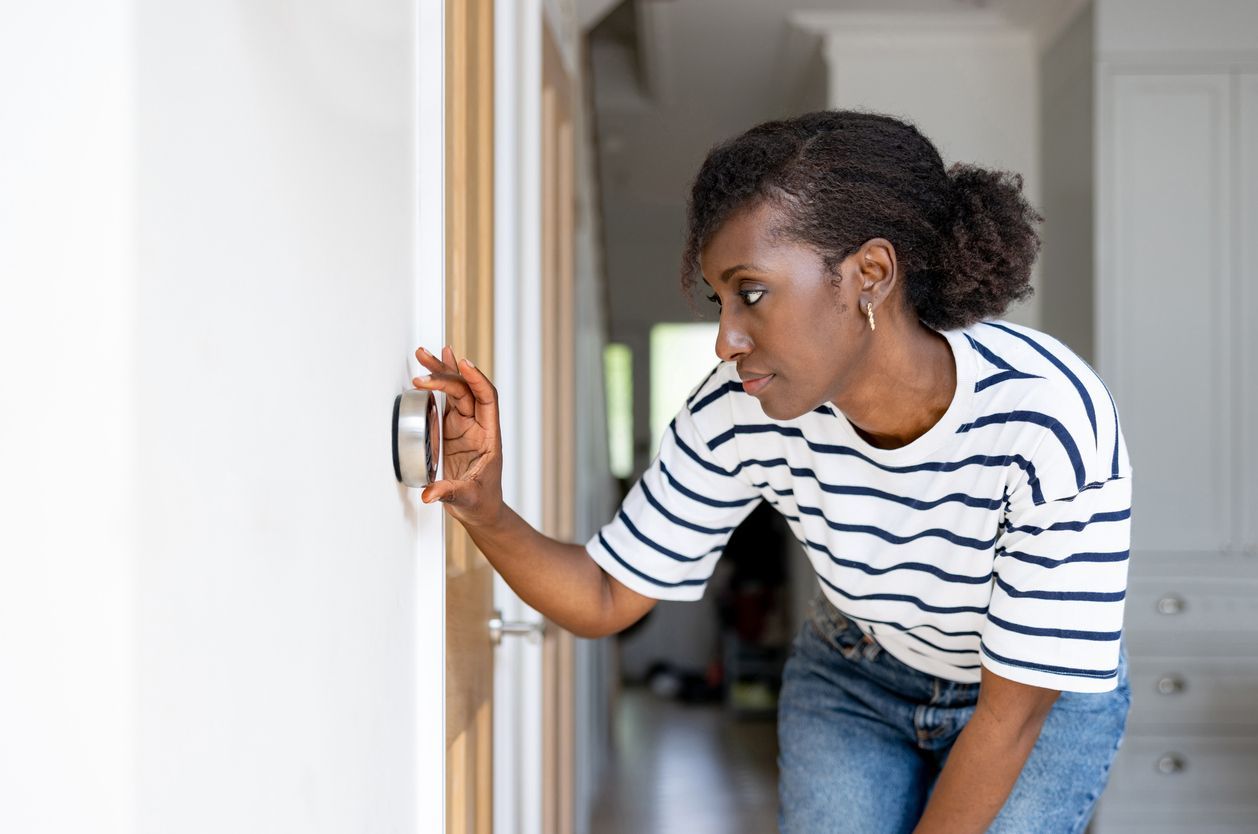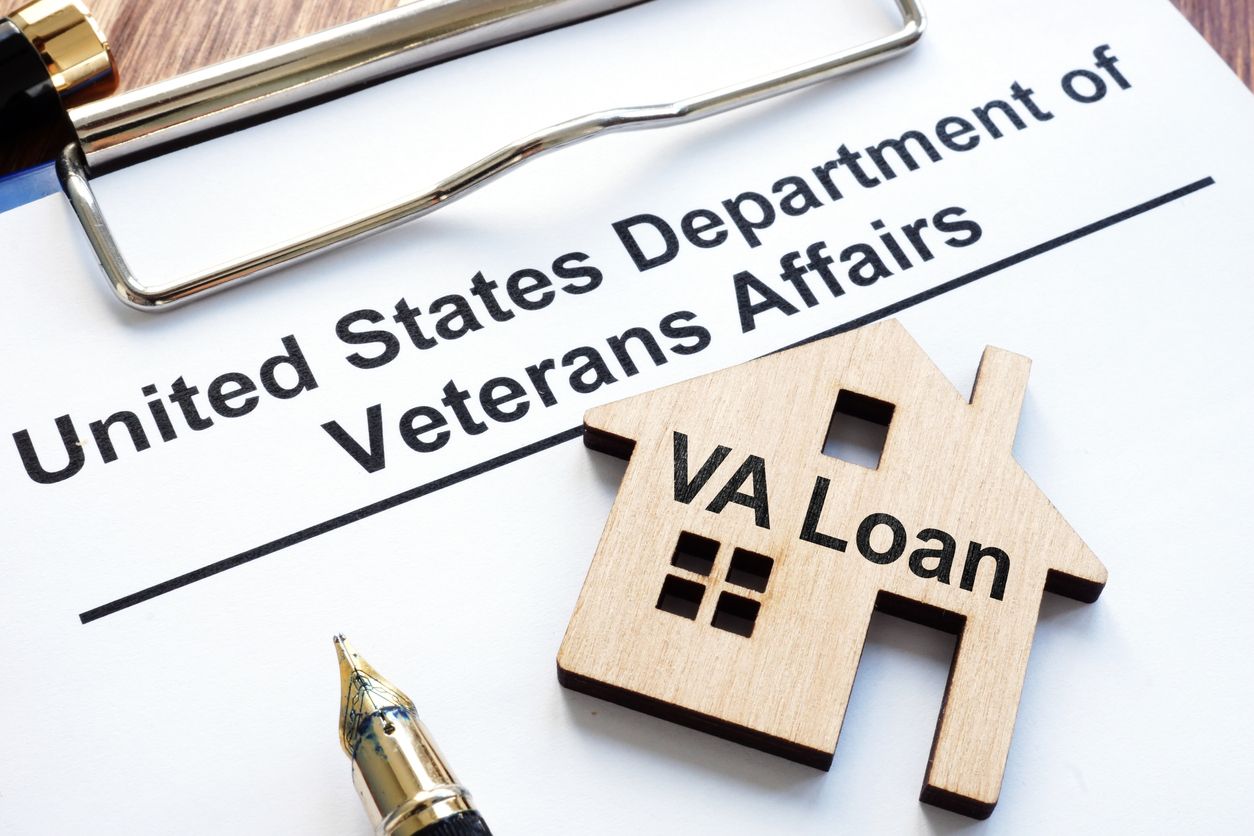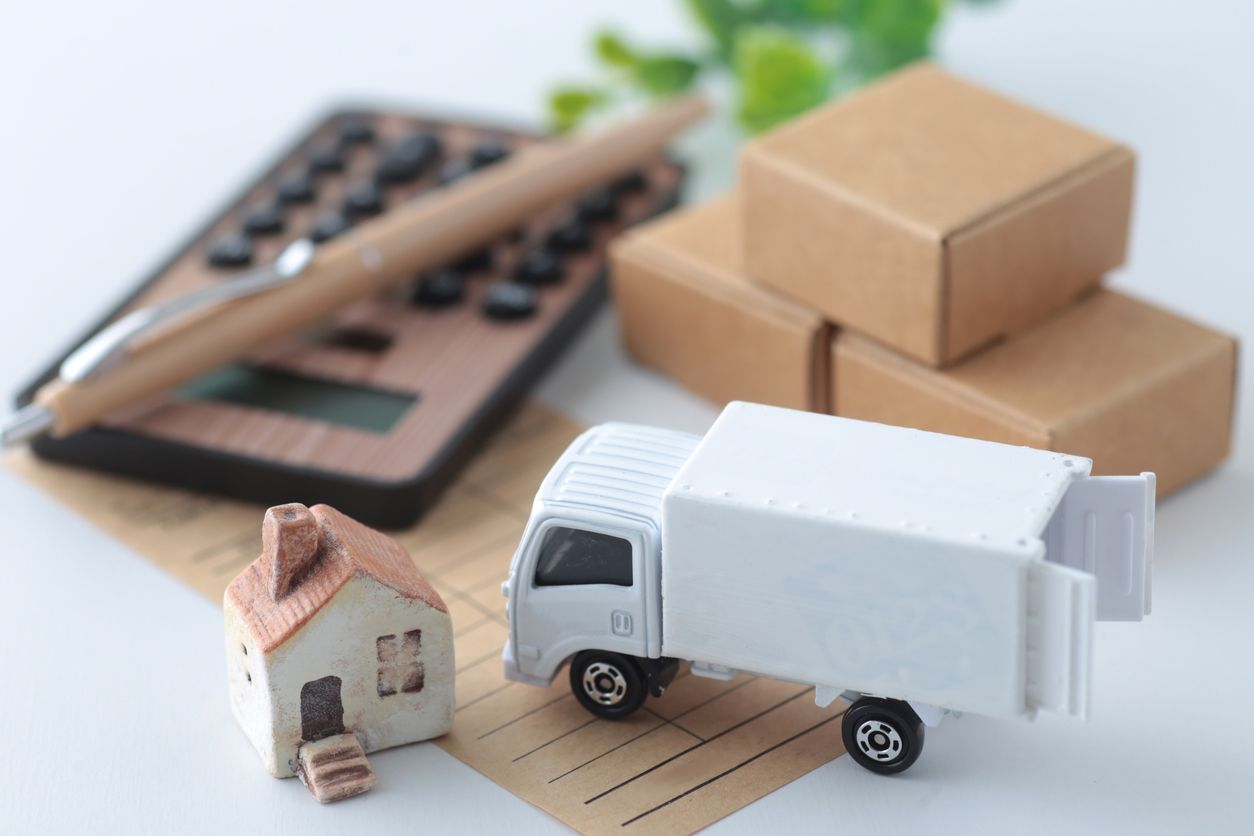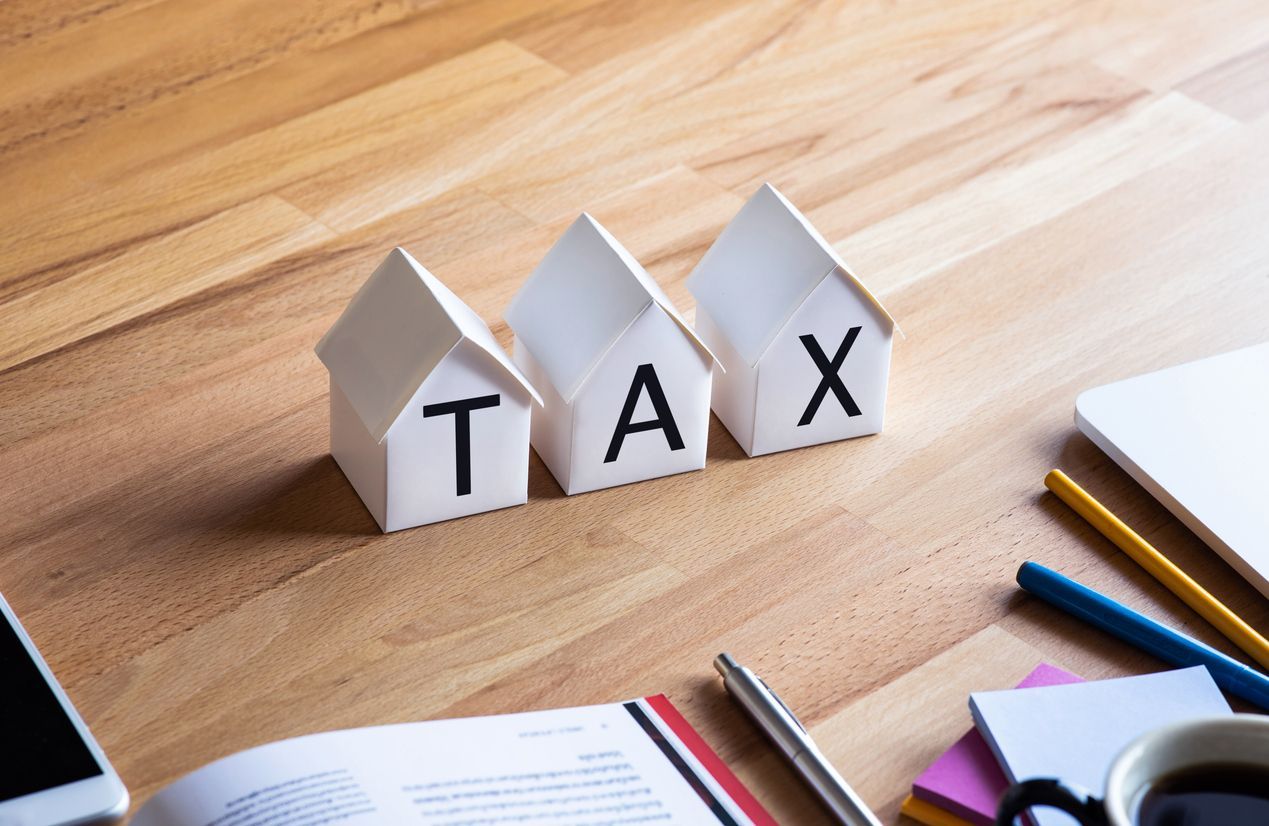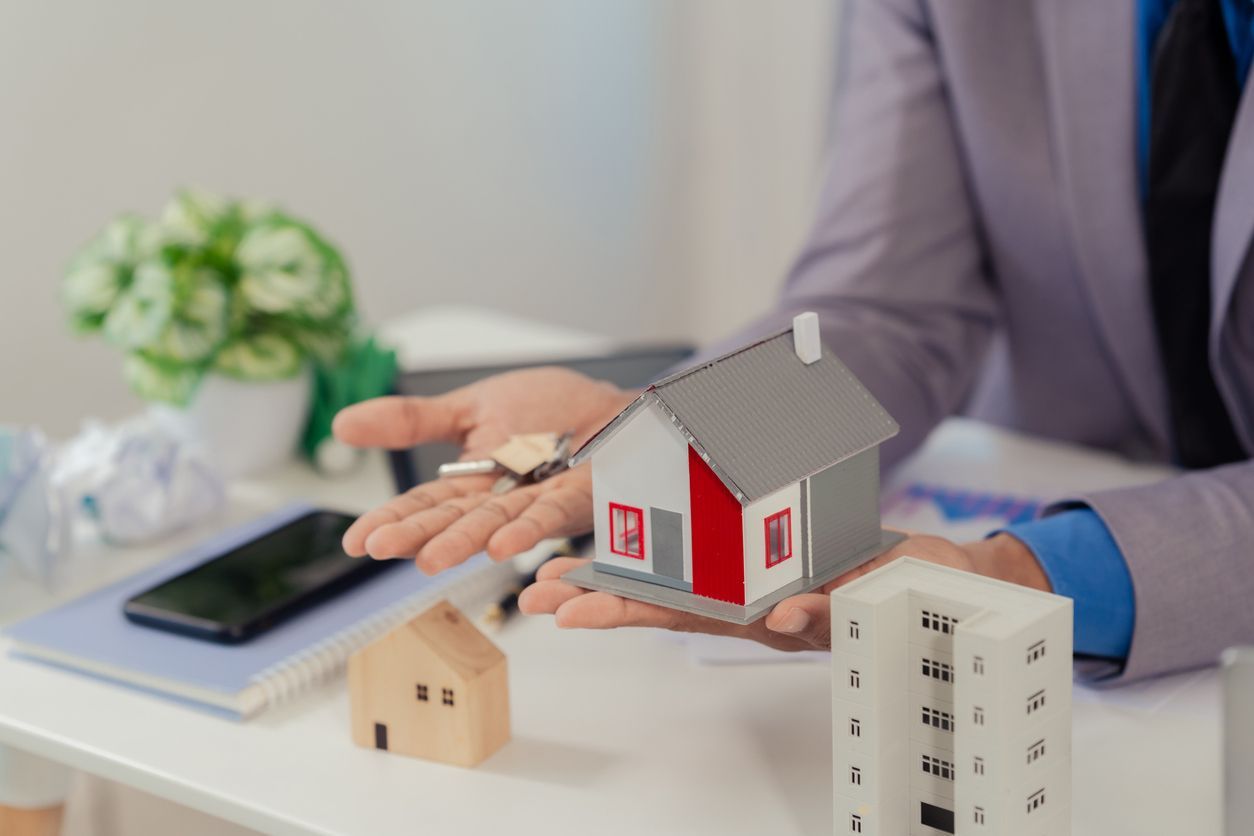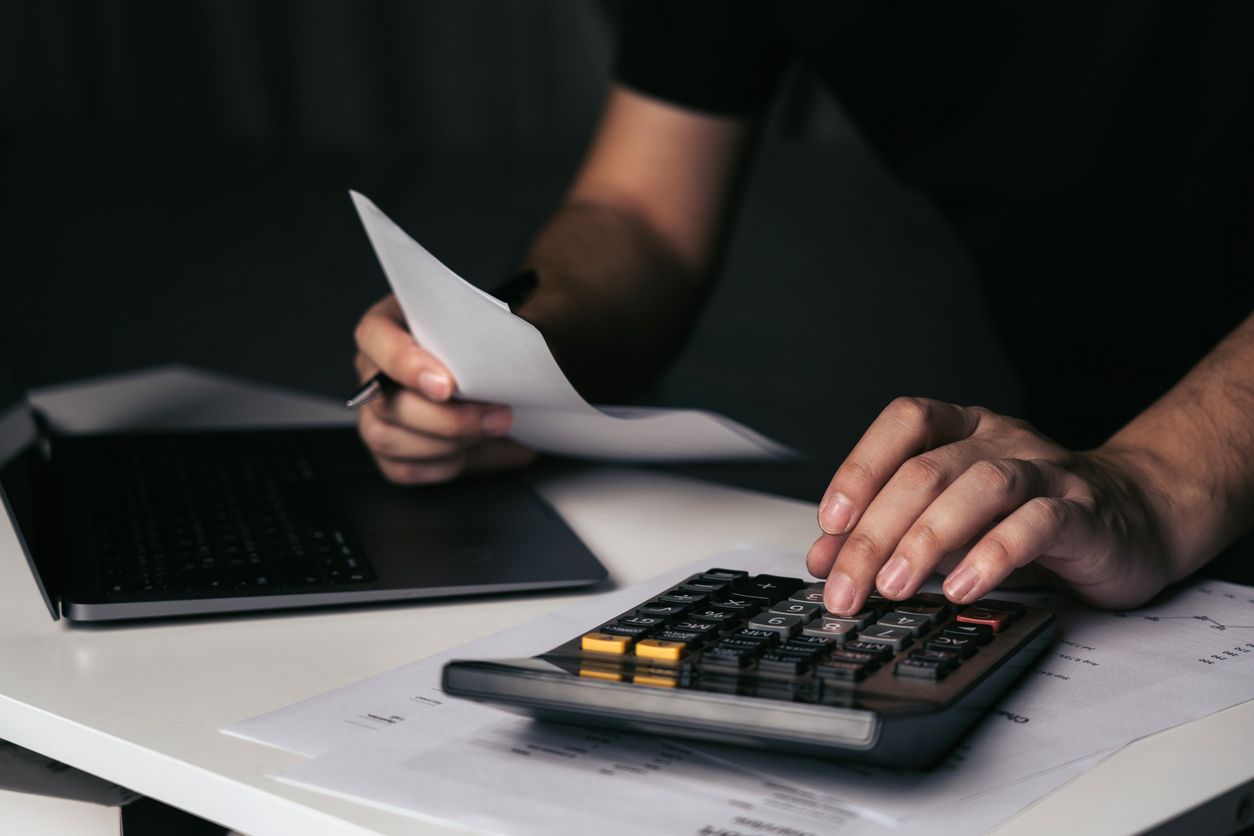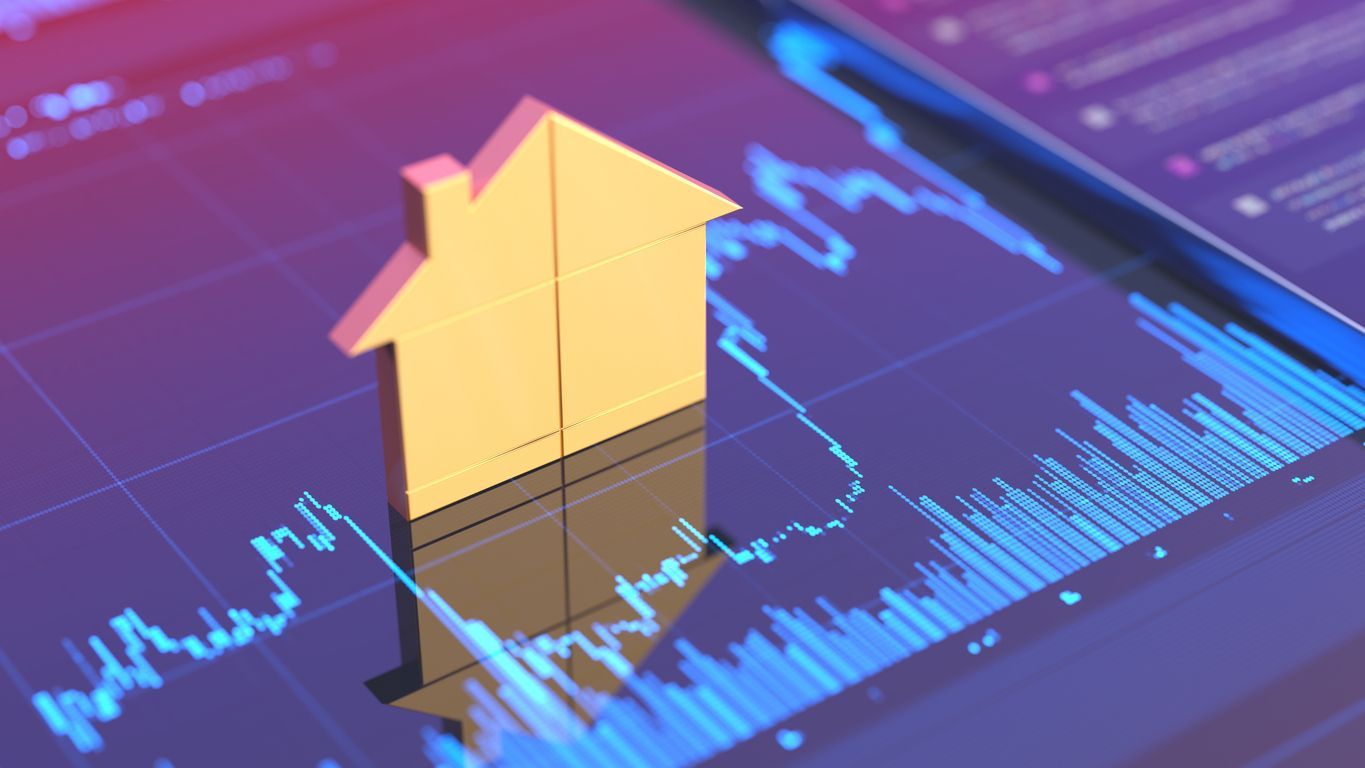Does a Down Payment Cover Closing Costs?
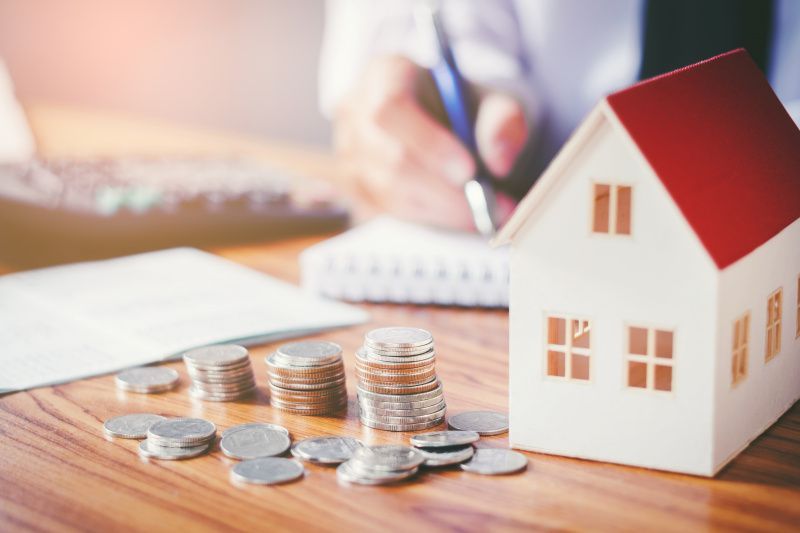
When you buy a house, you will have to make a down payment and pay closing costs. Many people, especially first-time buyers, are confused about the differences between them and what each includes. They’re separate expenses, and one does not cover the other, although they may be paid at the same time.
What Is a Down Payment?
A down payment is a sum of money that you will have to pay before you buy a house. That amount will depend on your mortgage lender’s requirements and your financial circumstances. Your lender may require you to put down a minimum percentage of the purchase price, but you may decide to make a larger down payment.
If you put down less than 20% of the purchase price, you will probably have to buy mortgage insurance. That may add thousands of dollars per year to your total cost of homeownership. Making a low down payment may also cause you to have a higher interest rate than someone who puts more money down.
You will have to pay earnest money after you make an offer to show that you’re serious about buying the house. Earnest money will be put in escrow while the sale is pending. The rest of your down payment will be paid at closing. The total down payment (earnest money plus the amount paid at closing) will count toward the cost of the house. The rest of the purchase price can be covered by a mortgage.
What Are Closing Costs?
Closing costs are a series of fees associated with your mortgage application, inspection, appraisal, title search and other services that are required as part of the homebuying process. Those fees may depend on your lender or the companies providing other services.
Sometimes, the charges are fixed. In other cases, they are a percentage of either the loan amount or the total purchase price. Closing costs may also include prepaid expenses for property taxes and homeowners insurance.
You may be able to pay both the remainder of your down payment and your closing costs with a single certified or cashier’s check, but they’re separate expenses. Your closing costs cannot be counted toward your total down payment and will not influence the amount of your mortgage, and you can’t use money from your down payment to cover closing costs.
Be Prepared for All Upfront Expenses
Excited homebuyers often focus on how much money they have to put down and how much their monthly mortgage payments will be but don’t plan enough for closing costs. Understanding all the expenses associated with buying a house will help you prepare so you can avoid unpleasant surprises and unnecessary stress. If you have any questions about your down payment or closing costs, consult your real estate agent or mortgage lender.
For the most accurate market statistics and real estate advice, please visit www.onekeymls.com.


